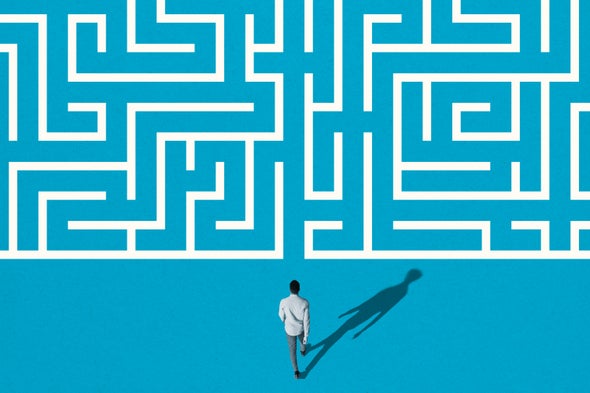We’ve all felt the fog come over us when we mistake someone’s name right after being introduced, fail to remember where we left our car in the parking lot or tell a friend the same story twice. Our memory is rarely as reliable as we’d like.
But at times, it also surprises us. We may somehow remember family stories told to us long ago, the names of our middle school teachers or trivia facts buried deep in back of our brain. Despite the standard glitches, our memory can retain far more than either experts or we expect.
Conclusions about its reliability vary tremendously. Some studies conclude that memory is extremely accurate, whereas others conclude that it is not only faulty but utterly unreliable. Even memory experts can struggle to predict how accurate our recollections are. In a recent study at the University of Toronto, such experts were asked to predict the accuracy of memories of events that happened two days earlier. While recollections of these events were very good—more than 90 percent correct on average—the experts predicted they would be only 40 percent correct. Why is our memory so mysterious?
Studies that conclude memory is good typically test recollections of more recent events and emphasize the astounding accuracy of their details. In the University of Toronto study, researchers measured memories of verifiable experiences by focusing on those regarding an audio guided tour of a hospital. Two days after taking part in the tour, participants were asked to recall what had happened. While, on average, they recalled only 15 or 22 percent of the events that they had experienced, the memories they did recall were, on average, 93 or 94 percent correct. These results are broadly consistent with those of similar studies, including one at the National Institute of Mental Health in which people were asked to memorize a set of photographs and then draw them later. Taken together, these studies suggest that although we don’t recall a large fraction of what we experience, what we do remember is accurate, at least for a few days. This is helpful for us all to know.
Given that conclusion, it makes sense that memory performance drops when an experiment probes memory of a random subset of all of the events that happened (as opposed to the subset that an individual recalls). In one study with this type of design, researchers at Harvard Medical School focused on memories of a prescribed walk around a city. In their experiment, different people walked the same route but at different times. And as they did so, researchers recorded their experiences with a helmet-mounted video camera. The next day, the researchers tested each participant’s memory by asking them to judge whether different video clips were drawn from things that they had experienced or the experiences of others. The fact that the clips they did not experience were taped by different participants walking the same route at different times made the task particularly challenging. Average memory performance on this task was low (56 percent correct) and only slightly higher than guessing (50 percent correct). These results suggest that when we are asked about whether we have experienced a particular event, we tend to get confused by things that are similar to those that actually happened. That is consistent with recent work suggesting that when police are compiling faces for a lineup, the results will be more accurate if the faces that an eyewitness has to choose among are more distinct.
A number of other factors can also impact memory performance. Because we tend to forget things with time, such performance depends on how much of it has elapsed since an event. Following the terrorist attacks on September 11, 2001, memories of verifiable events one week after were fairly accurate (88 percent correct) but declined modestly over the first year (to 77 percent correct). Another important factor is training. In one study, six weeks of memory training improved the number of words that participants could recall from a list one day after viewing them (from 16.1 to 56.2 of 72 possible words), and those training effects persisted for at least four months, the longest time frame tested.
These results may help experts predict memory performance in real-world scenarios. Yet often their estimates are far off the mark. This discrepancy is reflected in the University of Toronto study in which the highly reliable memory performance of the participants was vastly underestimated by the panel of memory experts. I suspect that the pessimism of the experts followed from their research’s emphasis on how memory works (as opposed to how well it does so). Research focused on how has a natural tendency to focus on a system’s flaws because some of the most useful insights into how a system works are reflected in the specific ways it fails. As a field matures, however, there is a natural progression from qualitative descriptions of how to quantitative predictions that include how well. The University of Toronto study is a reminder that it is important for memory research to take this next step toward understanding our memory enough to accurately predict, and appreciate, its power.

